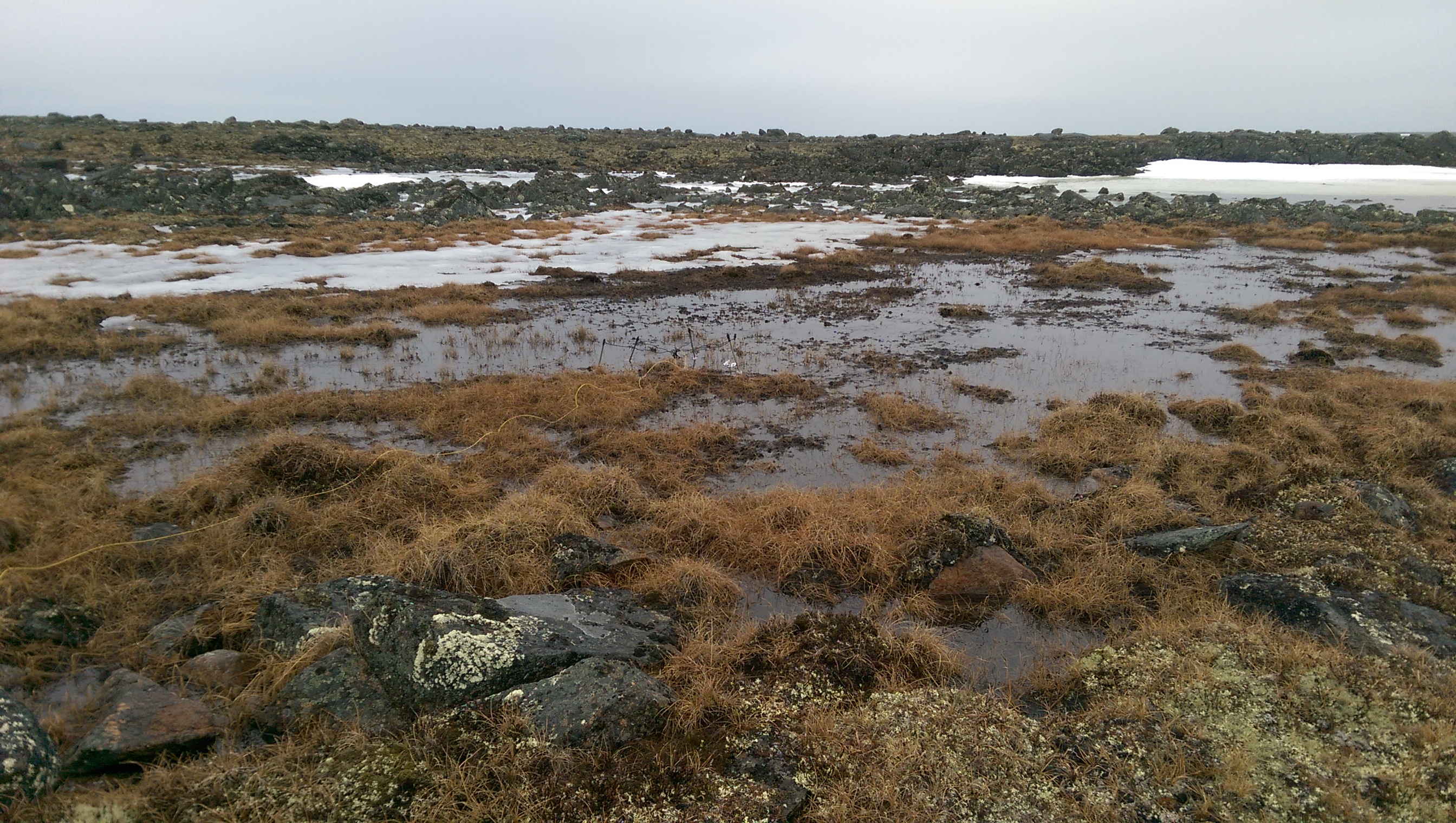

I spent about a decade as a KDE developer.
KDE has this mindset where if someone wants to implement something they think is cool, and the code is clean and mostly bug free, well – have at it! Ever wonder why there’s 300 options for everything?
Usually (because there’s a bunch of people trying to optimize the core for speed and load times and such) this also means that the unused code-paths are required to not contribute negatively to things like load times. So a plugin like this that doesn’t get loaded by default unless enabled, and thus doesn’t harm everyone else’s performance. It also means that if it stops working in the future and starts to bitrot, it can be dropped without affecting the core code.







When modern billboards became a thing, many cities or similar jurisdictions passed laws limiting their proliferation, in order to ensure you didn’t end up in a billboard filled dome.
In Canada, at least, you can register your address as a “no admail” destination, and you’ll stop getting those flyers entirely. It doesn’t stop certain protected classes of ads, in particular ads for prospective politicians during an election campaign, or mail that is personally addressed to you (even if it is an ad). But does shut it almost completely down. This would be the legal equivalent of installing a real-world ad-blocker.